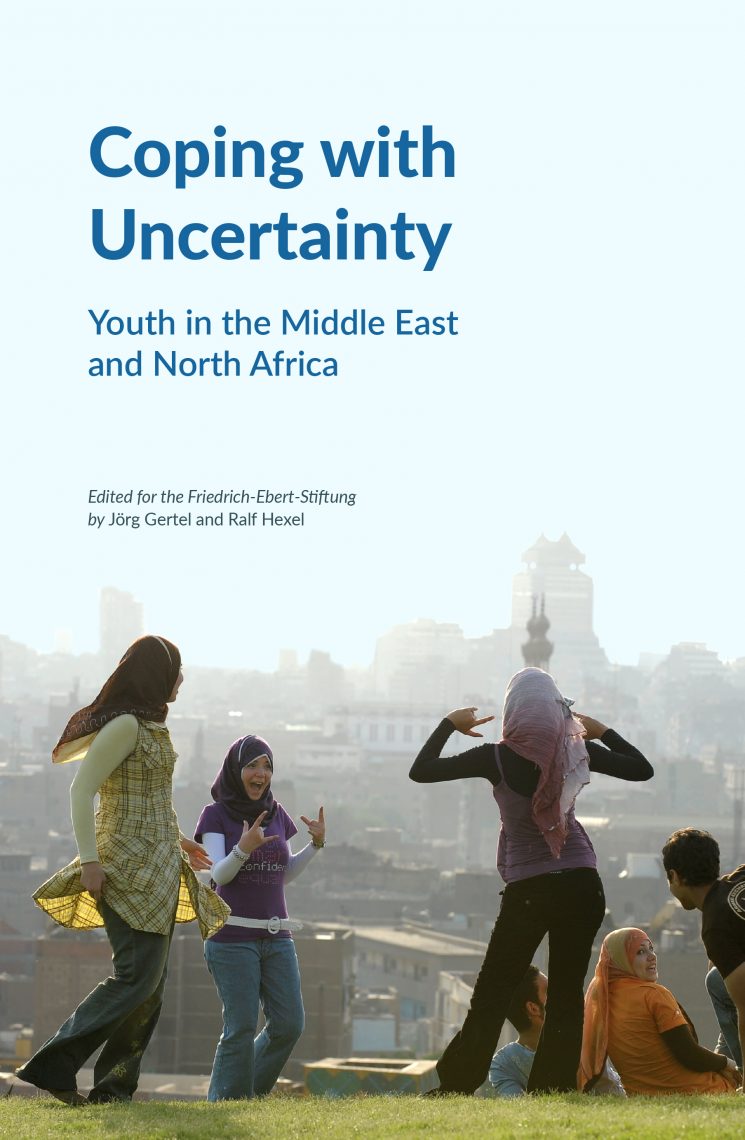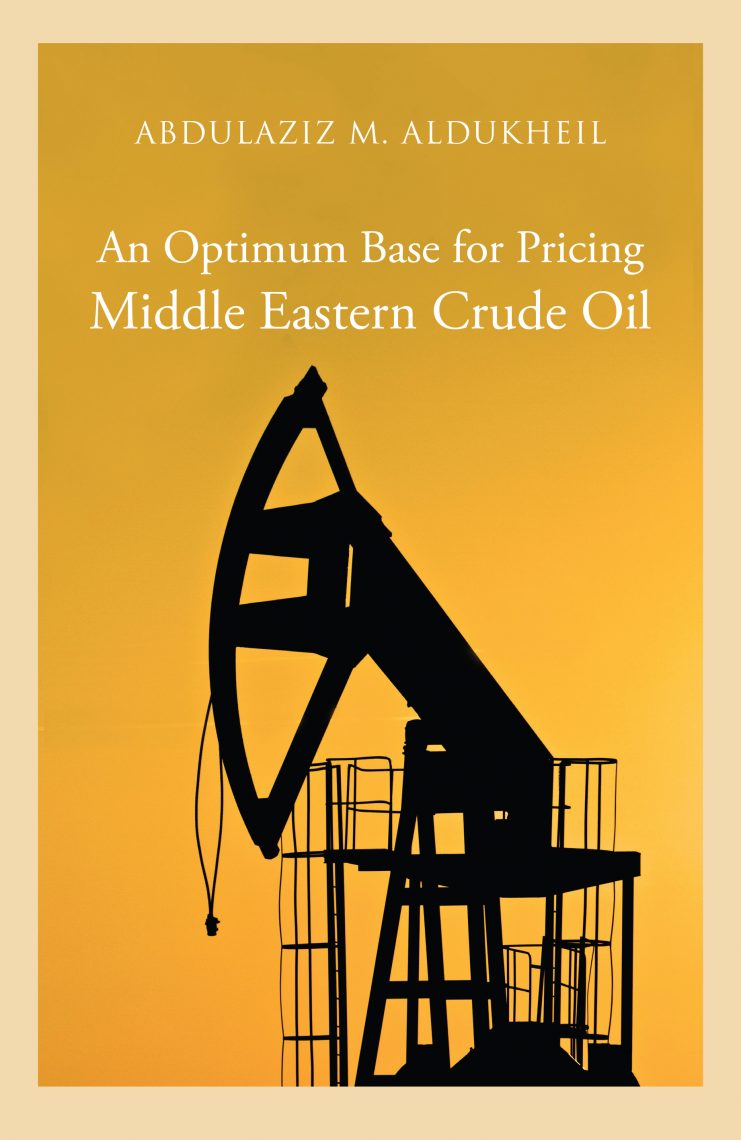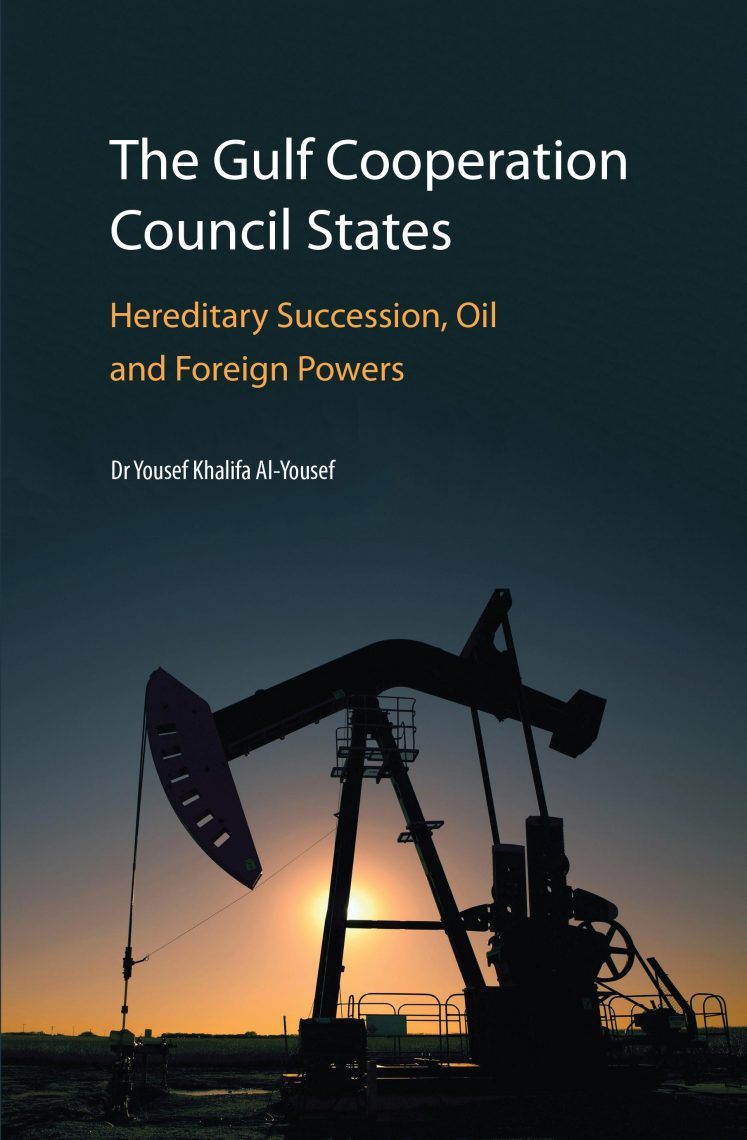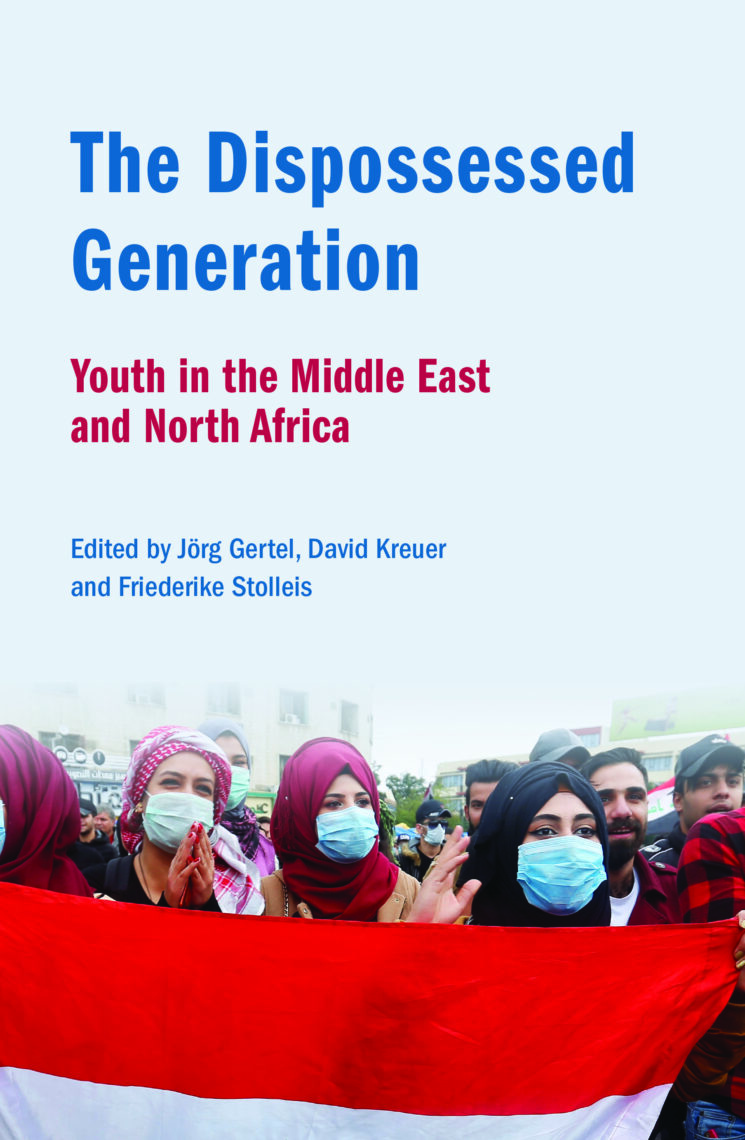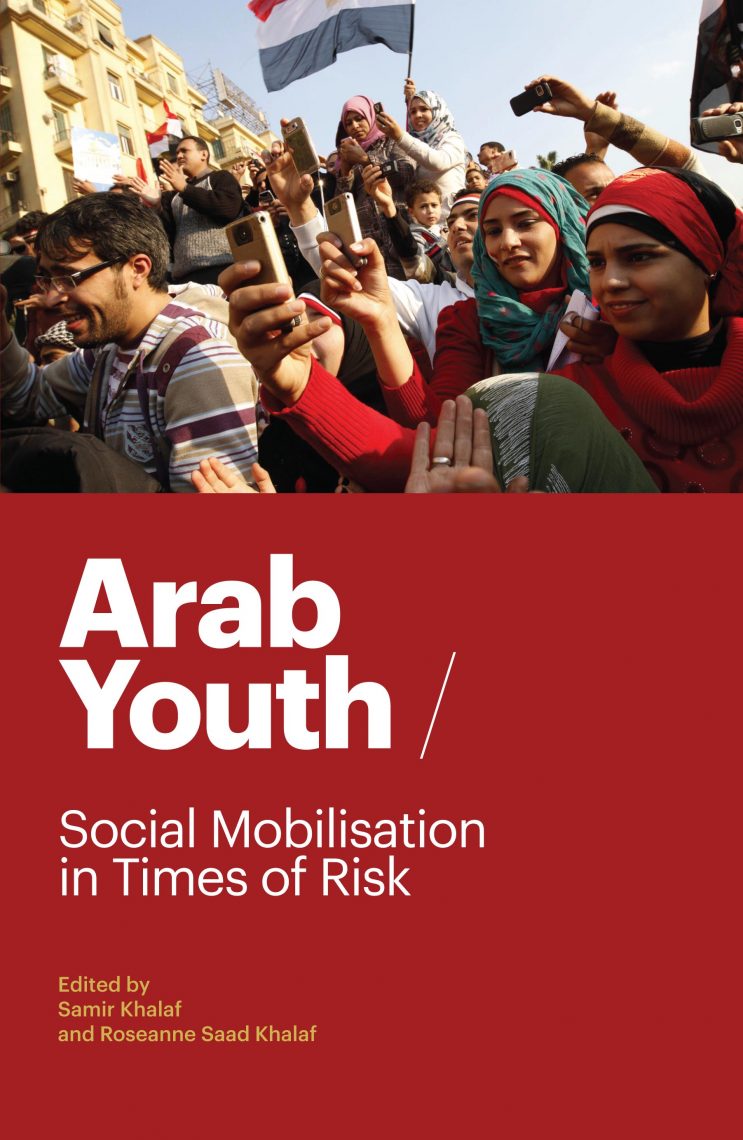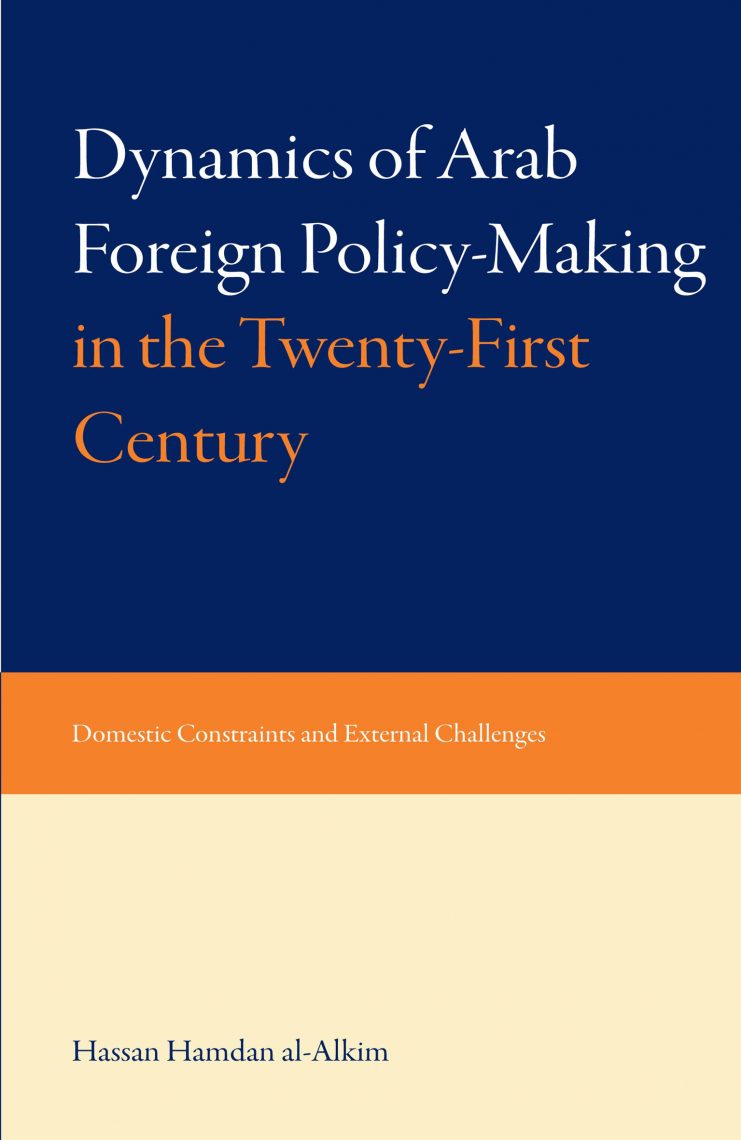
Dynamics of Arab Foreign Policy-Making in the Twenty-First Century
Domestic Constraints and External Challenges
About the Book
The Arab world’s strategic location and its considerable material and human potential should allow it to play a major role in world affairs. However, in addition to sharing language, culture and history, Arab states also face common challenges: authoritarian regimes, ethnic and social cleavages, economic underdevelopment, and the need for security from the West.
Hassan Hamdan al-Alkim examines the dynamics of Arab foreign policy-making in the twenty-first century, taking account of the current political developments in the Arab world since January 2011.
Through an insightful analysis of pivotal issues such as the Middle East Peace Process, the food and water crisis and Saudi Arabia’s foreign policy, Alkim brings us closer to a nuanced understanding of contemporary Arab politics and its role in world affairs.
This balanced and discerning study is essential reading for policy-makers, academics and students of Middle Eastern politics.
About the Author
Hassan Hamdan al-Alkim is Professor of International Relations at UAE University and the General Director of the RAK Economic Development Department. His publications include The Foreign Policy of the United Arab Emirates and The GCC States in an Unstable World: Foreign-policy Dilemmas of Small States (both by Saqi Books). His website is www.hhalkim.ae.
Reviews
‘An authentic critique by a committed Arab intellectual not only of the weakness of Arab states in the regional and international realms but also of the authoritarian regimes that dominate most of the Arab world.’ Gregory Gause III, Professor of Political Science, University of Vermont
‘Hassan al-Alkim has written a wide-ranging and thought-provoking account of the challenging issues facing foreign policy-makers in the Arab world.’ Peter Woodward, Professor Emeritus, University of Reading
